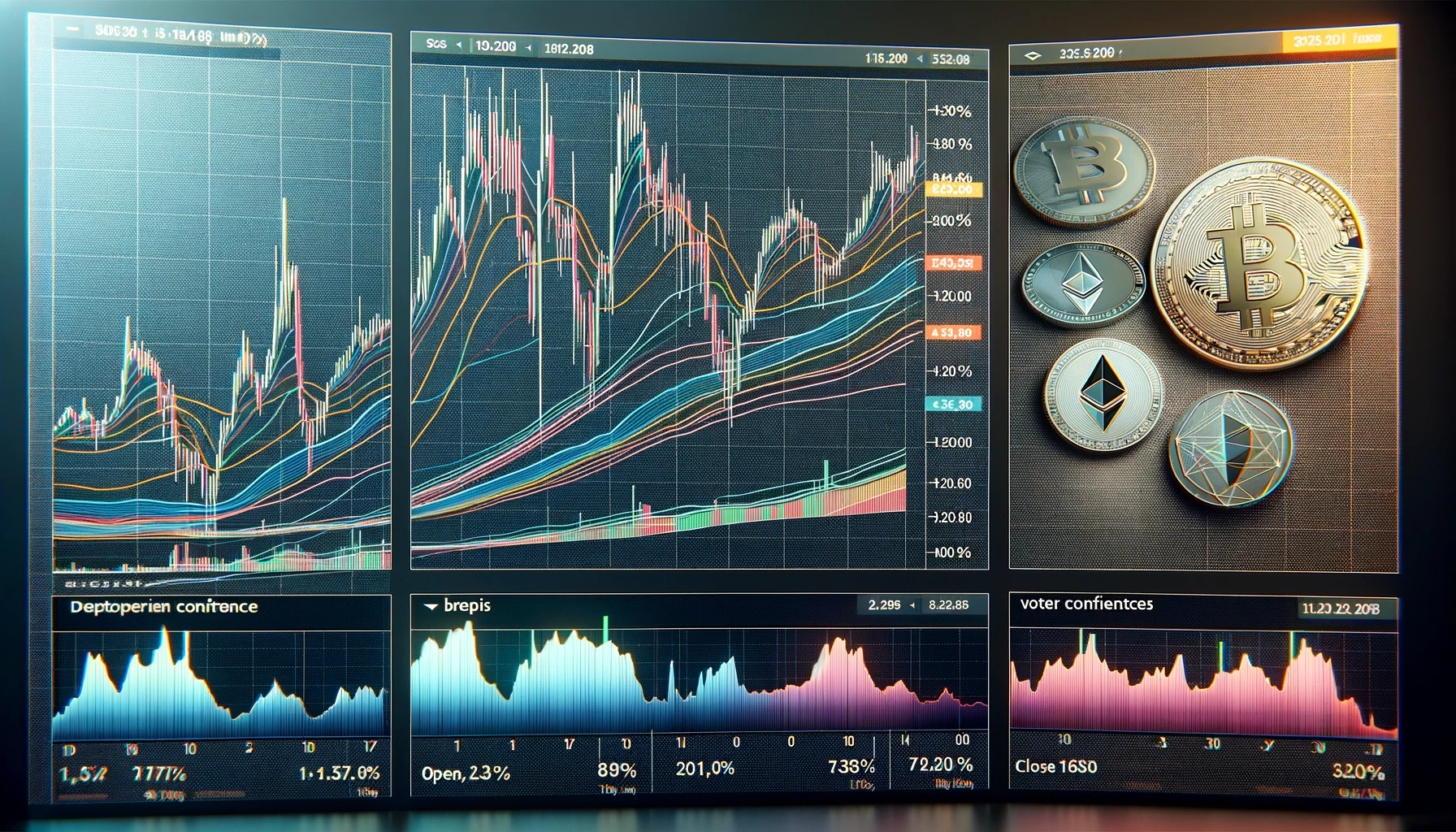
In today’s financial market, significant tech stocks and cryptocurrencies faced downward trends, highlighting broader economic sentiments and possibly influencing investor confidence as elections approach. Apple Inc. closed at $169.38, marking a 1.92% decrease from its opening price. This $3.31 drop reflects a broader pattern of fluctuation within the tech industry. Opening the day at $171.75, Apple reached a high of $173.76 before sinking to a low of $168.27. Despite this daily volatility, Apple maintains a hefty market capitalization of $2.62 trillion and a price-to-earnings ratio of 26.35, signifying robust long-term investor confidence in its business fundamentals, despite short-term market dynamics.
The dividend yield of Apple stands at 0.57%, which might seem modest but is consistent with the company’s strategy of rewarding investors while retaining enough capital to fund future innovation and expansion. This approach reflects a cautious yet optimistic outlook, balancing shareholder returns with necessary capital reinvestment.
Similarly, major cryptocurrencies saw declines, with Cardano (ADA) dropping by approximately 1.95%, shedding $0.01 off its value. Bitcoin and Ethereum, two leading indicators of the cryptocurrency market’s health, also experienced downturns. Bitcoin fell by $724.00, a 1.14% decrease, while Ethereum decreased by $37.73, down 1.22%. These movements in the cryptocurrency markets often reflect wider economic uncertainties or shifts in investor sentiments, which seem to be a reaction to global economic factors, including policy changes, geopolitical tensions, or market speculation.
These financial market movements occur against the backdrop of upcoming elections, where voter confidence plays a critical role. Financial market stability or instability can significantly affect public perception and voter sentiment. Economic factors are often a considerable point of discussion during election campaigns, and candidates’ positions on economic recovery and stability can sway voter preferences.
Market performance leading up to elections can also act as a barometer for voter confidence. If the markets are doing well, it can signal economic optimism, potentially boosting the incumbent or candidates favoring the status quo. Conversely, downturns might indicate economic dissatisfaction, swaying voters towards candidates proposing significant changes.
In light of these economic indicators—stock market fluctuations and the volatile nature of cryptocurrency—voter confidence could be impacted in various ways. For some voters, robust market performance can translate into a positive outlook on the economy, bolstering confidence in current political leadership. For others, market downturns might underscore economic anxieties, highlighting the need for new policies or leadership changes.
As election day approaches, the interplay between market performance and voter sentiment will be crucial. Political candidates will likely address these economic issues, attempting to align their platforms with the financial aspirations and security desires of the electorate. The ability of these candidates to connect market realities with effective policy proposals could be pivotal in garnering voter support, particularly in a climate where financial literacy and economic awareness are at a premium.
Ultimately, while today’s market movements reflect immediate economic reactions, their real impact might be more deeply felt in the political arena, where economic stability and growth remain key electoral issues.
Financial charts displaying trends for Apple’s stock price, cryptocurrency values, and voter confidence levels.